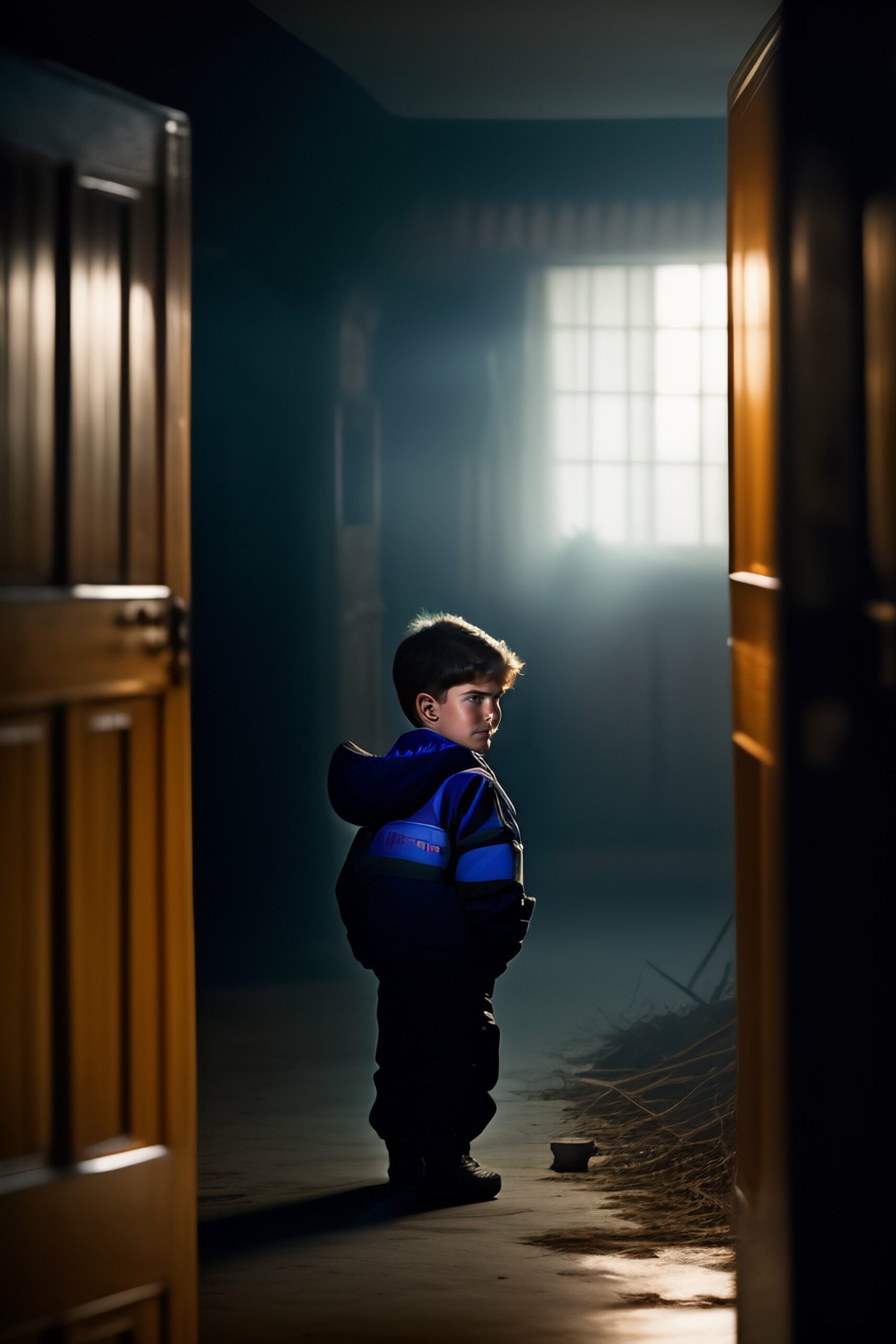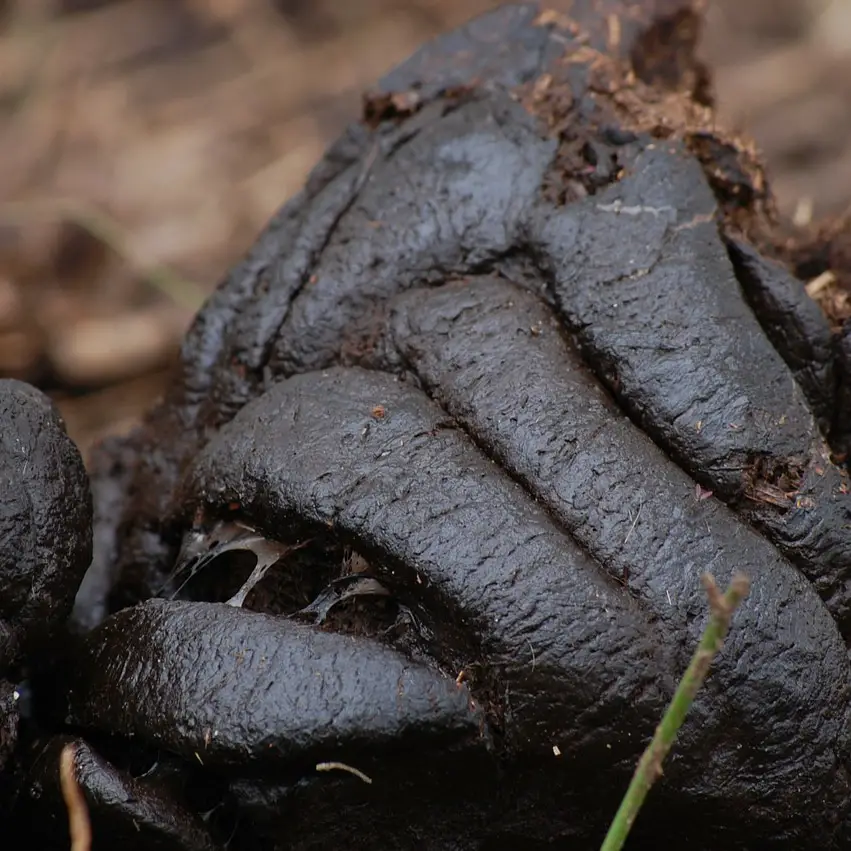Does CPS Check in at Night? Know These 15 signs that CPS may look for
Are you a parent or guardian wondering if Child Protective Services (CPS) can visit your home at night? It is an issue many parents worry about, so it’s essential to understand when CPS may visit. In this article, we’ll look into scenarios where CPS may visit your residence at night and arm you with all the knowledge needed to protect yourself as a legal parent or guardian. Also you must know 15 obvious signs that CPS usually look for.
Your children’s safety and wellbeing are your priority as a parent or guardian. So it’s understandable to be concerned about Child Protective Services (CPS) visiting your home at night; in this article, we’ll answer whether CPS can visit your home at night and provide essential information to safeguard your family.
Child Protective Services (CPS) is a government agency responsible for investigating and intervening in cases where children may be at risk of harm or neglect. With offices throughout all 50 states of America, CPS plays an essential role in safeguarding children’s safety and wellbeing.
CPS will investigate to confirm any allegations of child abuse or neglect. That may involve visiting the child’s home, speaking privately, and interviewing their parents/guardians.
Can CPS Visit Your Home At Night?
In short, yes, CPS can visit your home at night. However, this is not a standard practice and usually only happens in certain circumstances, such as:
Emergencies: If CPS receives a report of a child in immediate danger, they may conduct a home visit at night to ensure their safety. It could include scenarios where there has been physical or sexual abuse, neglect, or other forms of harm done to them.
Absent Parents: If CPS visits your home during the day and no one is home, they may return at night to try and contact you or other family members. That is because CPS wants to guarantee they can speak with the child’s parents or guardian as quickly as possible to determine if they are secure.
Prior Notice: In some instances, CPS may schedule a home visit for an evening or nighttime when it is more convenient for the family. This could be because parents or guardians work during the day or have other commitments that make it difficult to arrange a visit during regular business hours.
What Happens During a CPS Home Visit at Night?
When CPS visits your home at night, the process will be similar to a visit during the day. CPS usually arrives with at least one staff member and law enforcement if there are concerns for their safety. During the visit, CPS may:
Conduct a walk-through of your home to ensure it is secure and sanitary for your child.
Inquire about speaking with your child alone to assess their safety and wellbeing.
Interview you or other family members about any allegations that prompted their visit.
Request to view any relevant documents or records, such as medical or school records.
You must note that you can refuse CPS entry if they lack a warrant or court order to enter your home. On the other hand, if CPS believes your child is in immediate danger, they may enter without getting permission.
What Are Your Rights During a CPS Home Visit at Night?
As a parent or guardian, you have certain privileges during a CPS home visit, such as:
You have the right to be present during a visit and to have an attorney present if desired.
Additionally, CPS staff should show identification and verify your credentials.
CPS has the right to take any documentation or records from your home without your consent and to refuse entry if they don’t possess a warrant or court order. In addition, you have the right to ask for copies of any court orders or warrants presented by CPS.
It is essential to remember that you have the right to protect your family’s privacy and assert your rights during a CPS home visit. If you feel these rights are being violated or CPS is overstepping its bounds, consult an attorney immediately.
15 signs that CPS look for
Child Protective Services (CPS) is responsible for investigating suspected child abuse or neglect cases. CPS will look for signs that a child is mistreated or neglected as part of their investigation. Here are 15 potential warning signs CPS may look out for:
- Unexplained bruises, cuts, or marks on the child’s body
- The child appears malnourished or has unexplained weight loss
- The child is frequently absent from school or has a high number of unexcused absences
- The child has poor hygiene or is dressed inappropriately for the weather
- The child has unexplained or frequent injuries or illnesses
- The child appears fearful or anxious around their parent or caregiver
- The child is often left alone or unsupervised for long periods
- The child has unmet medical needs or is not receiving necessary medical care
- The child is frequently late or picked up late from school or other activities
- The child has poor academic performance or a lack of progress in school
- The child appears overly compliant or aggressive
- The child has been sexually abused or has symptoms of sexual abuse
- The child has witnessed domestic violence or other violent behavior in the home
- The child is living in unsanitary or unsafe conditions
- The child has been exposed to drug or alcohol use in the home
When CPS detects mistreatment or neglect in a child’s home, they may remove them from their environment or offer services to address the problems. However, it’s essential to remember that CPS’ primary goal is to safeguard children’s safety and wellbeing; thus, they take their duty of investigating reports of abuse very seriously.
Conclusion
CPS can visit your home at night in certain circumstances, such as emergencies or when parents are away during the day. However, they typically only conduct these home visits when a compelling need arises. As a parent or guardian, it’s essential that you understand your rights during a CPS home visit and how to assert them if needed. Knowing when CPS has permission to enter your residence at night and your rights during the said visit can protect your family and ensure that your children’s safety and wellbeing come first.














